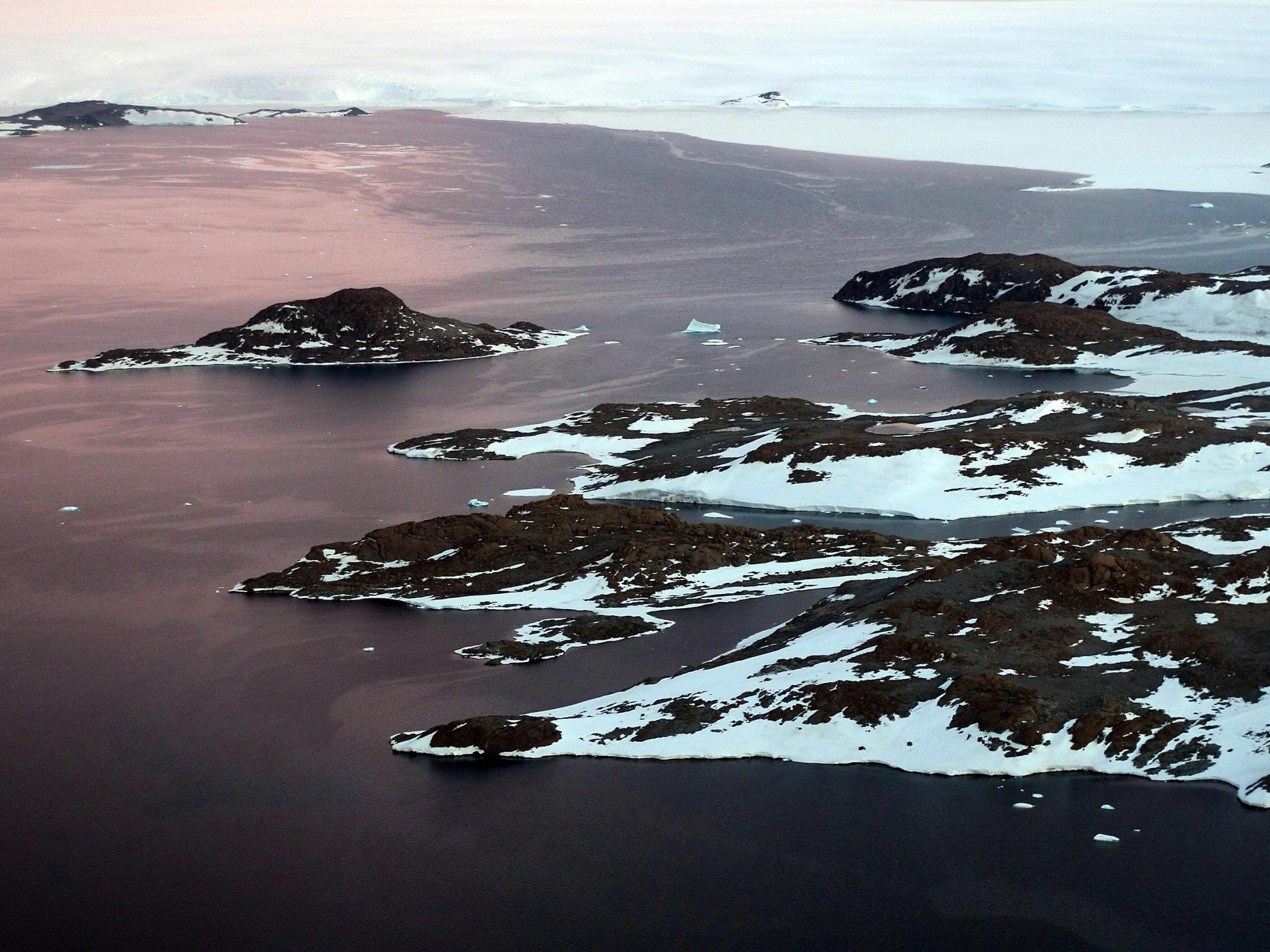Antarctic discovery suggests alien life could be sustained on other planets
New findings suggest extra-terrestrial life could support itself by extracting energy and carbon from trace gases in the air

Your support helps us to tell the story
From reproductive rights to climate change to Big Tech, The Independent is on the ground when the story is developing. Whether it's investigating the financials of Elon Musk's pro-Trump PAC or producing our latest documentary, 'The A Word', which shines a light on the American women fighting for reproductive rights, we know how important it is to parse out the facts from the messaging.
At such a critical moment in US history, we need reporters on the ground. Your donation allows us to keep sending journalists to speak to both sides of the story.
The Independent is trusted by Americans across the entire political spectrum. And unlike many other quality news outlets, we choose not to lock Americans out of our reporting and analysis with paywalls. We believe quality journalism should be available to everyone, paid for by those who can afford it.
Your support makes all the difference.Scientists have found a previously unknown ability in microbes that could also be found in alien life forms.
Discovered in Antarctica, they have the ability to sustain themselves by extracting the energy and carbon they need to survive from trace gases in the air, such as hydrogen and carbon monoxide.
The finding that living things can survive on nothing but air provides scientists with clues about life in extreme conditions, such as those found on other planets.
The research team led by scientists from Australia's University of New South Wales, made the discovery while researching microscopic life in the continent’s dry coastal regions.
"Antarctica is one of the most extreme environments on Earth,” said the study's lead author, Professor Belinda Ferrari, after the findings were published in the Nature journal.
Most of Antarctica is covered in snow and ice, parts of it are dry and ice-free, making them particularly hostile to life, “yet the cold, dark and dry desert regions are home to a surprisingly rich diversity of microbial communities," she added.
Professor Ferrari and her team wanted to understand how Antarctic microbes could survive with very little water, low levels of carbon in the soil and little sunlight during the long winter months.
All of these resources tend to be vital for life, but the lack of them in Antarctica has not held these microbes back.
Microbes that can survive in extreme environments such as boiling water and acid – known as “extremophiles” – are often used by scientists seeking to understand how extra-terrestrial life might live.
To arrive at their conclusions, the scientists took soil samples from two “pristine polar deserts” along the coast of eastern Antarctica, and studied the DNA of the microbes living in them.
They found the dominant species in the soil samples possessed genes that gave them the capacity to extract hydrogen and carbon monoxide from their surroundings, allowing them to literally “live on air”.
"This new understanding about how life can still exist in physically extreme and nutrient-starved environments like Antarctica opens up the possibility of atmospheric gases supporting life on other planets," said Professor Ferrari.
Join our commenting forum
Join thought-provoking conversations, follow other Independent readers and see their replies
Comments